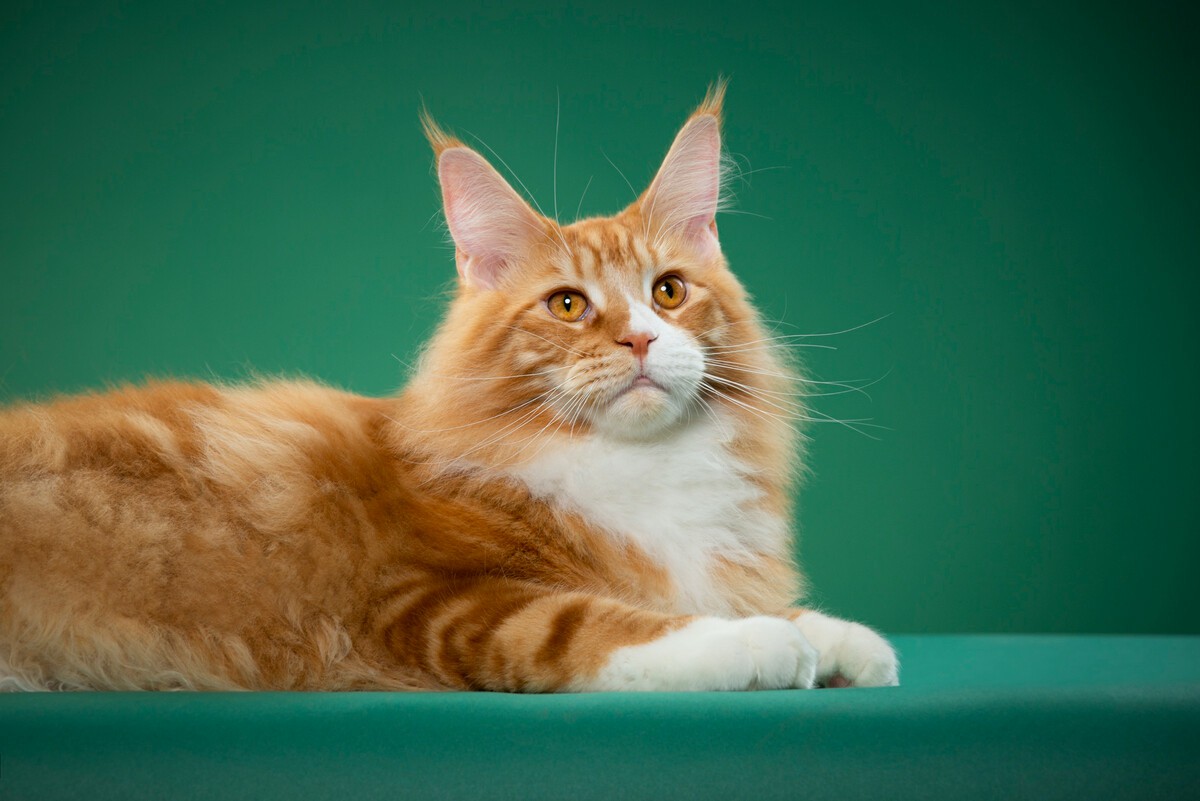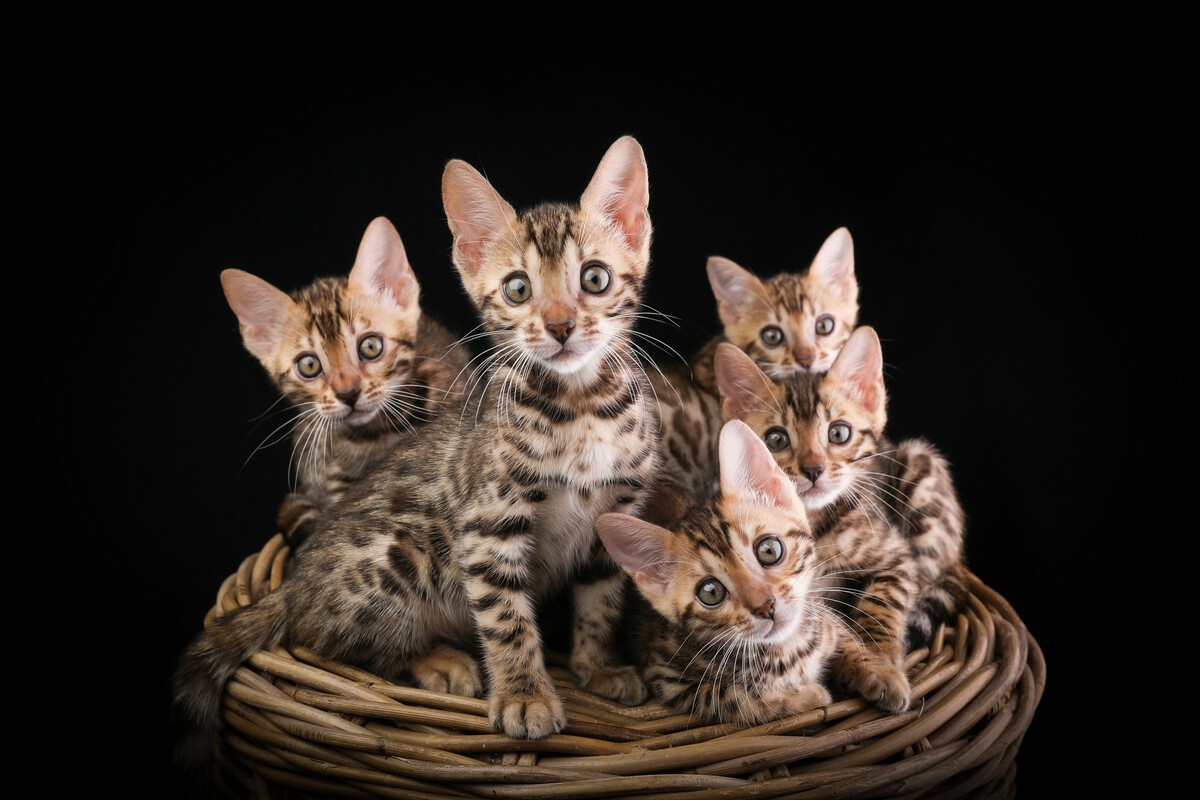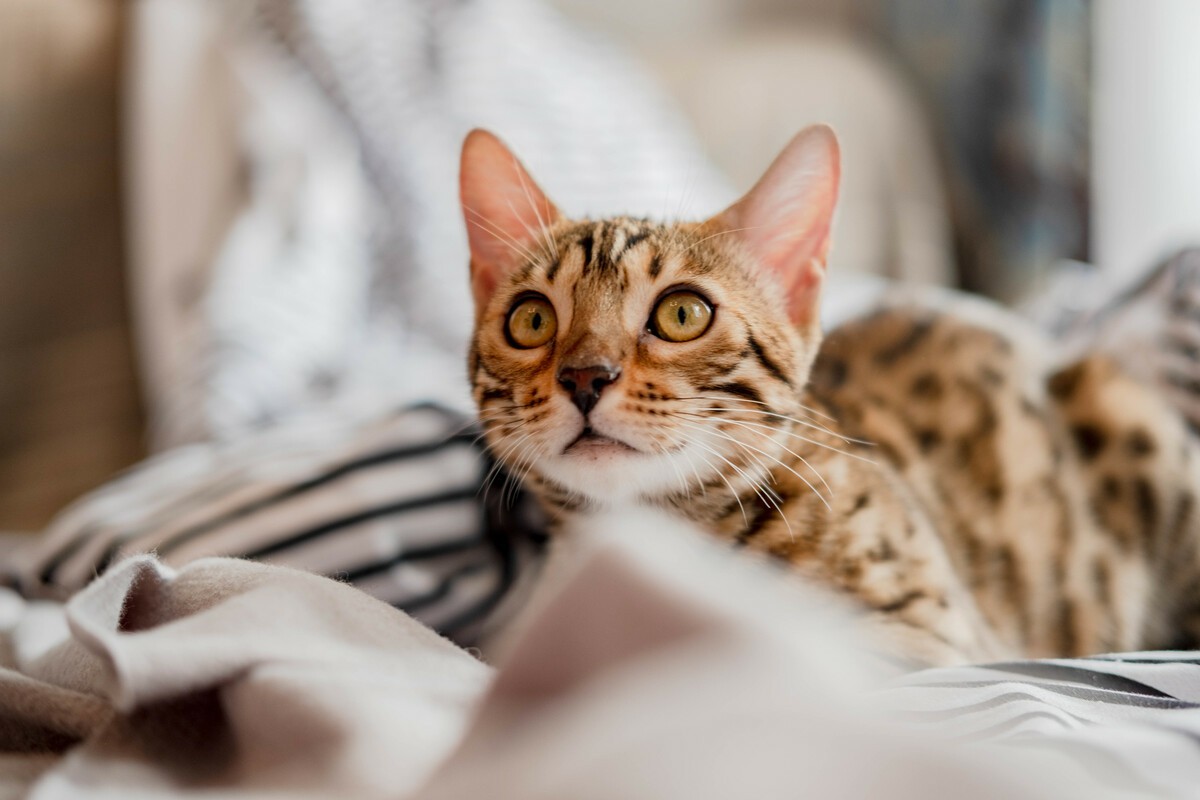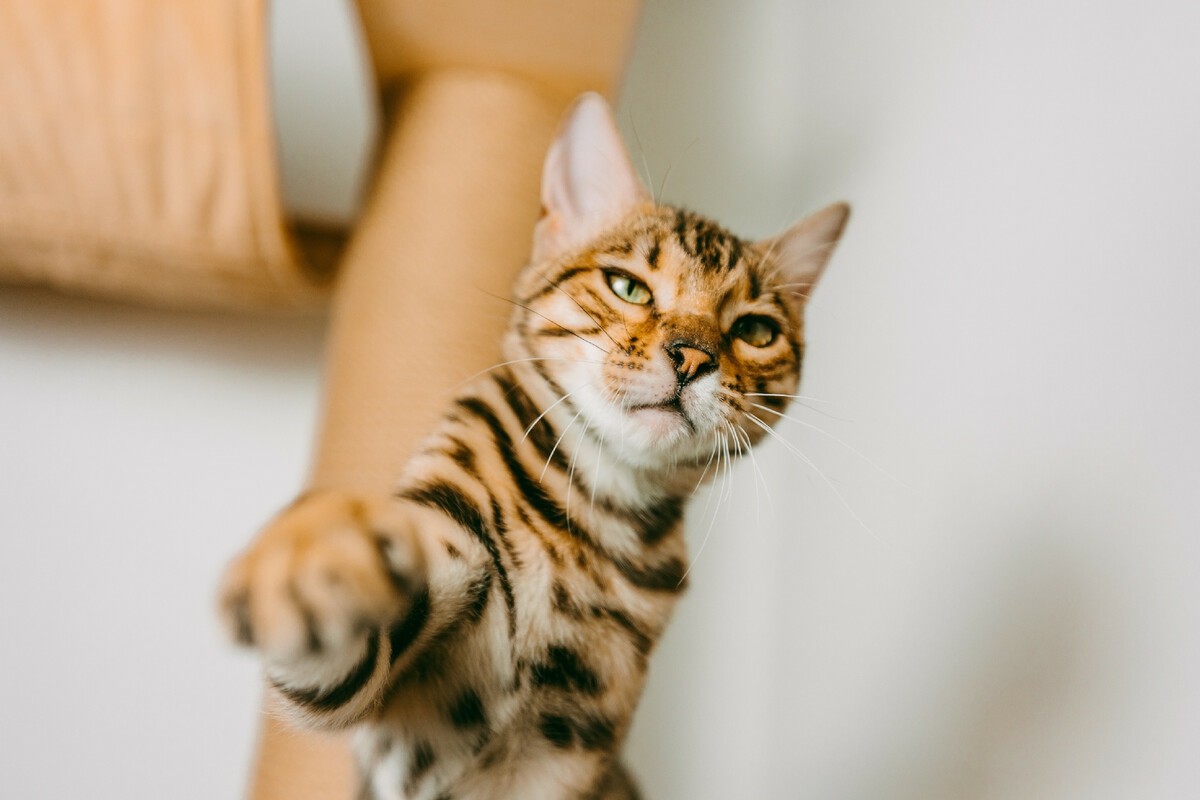Digestive issues in cats are quite common and usually clear up within a few days. However, there are certain cat breeds that are highly susceptible to chronic digestive problems—one of them is the Maine Coon cat.
Are Maine Coon cats prone to diarrhea? Maine Coon cats are prone to diarrhea because they are genetically predisposed to a number of chronic digestive disorders. These felines are also known to have sensitive stomachs, so it’s important to closely monitor their daily diet to prevent flare-ups.
Apart from genetics, there are other causes of Maine Coon diarrhea ranging from simple digestive issues to potentially life-threatening illnesses. Here is what you should look out for.
ARE LOOSE STOOLS A CAUSE FOR CONCERN?
If you’re reading this article, you’re probably dealing with a messy predicament at the moment. Diarrhea in cats can be very distressing, just like when it happens to us humans.
This isn’t a very pleasant topic, but it’s crucial—especially for Maine Coon owners—to be aware of whether loose stools are to be considered normal or something to worry about.
Essentially, your Maine Coon cat’s diarrhea is a tell-tale sign that there is something wrong somewhere in its gastrointestinal tract.
It may be a simple gastrointestinal issue that can clear up within a day or two, or something more serious such as an undiagnosed health problem that may require life-long dietary and medical intervention.
COMMON CAUSES OF DIARRHEA IN MAINE COON CATS

Here are some of the most common causes of loose stools in Maine Coon cats:
1.DIET
Diet plays a major role in your Maine Coon’s stool quality. Sometimes, if you change your Maine Coon’s food abruptly, their digestive system may take quite some time to adjust. Ingestion of toxins and household hazards can also cause your Maine Coon’s stools to loosen.
2.FOOD INTOLERANCES
Some Maine Coon cats are hypersensitive to certain ingredients and nutrients in their food.
While genetics play a vital role in determining a cat’s predisposition to food intolerances, some cats develop such sensitivities over time due to their lifestyle and dietary habits—especially if they have been eating the same food for a very long time.
As you see, the right diet is vital for Maine Coons. If you want to make sure that your Maine Coon stays healthy the diet has to be perfect. If you need help with that, you should read our Ultimate Maine Coon Cat Food Guide here.
3.PARASITES AND PATHOGENS
There are so many types of parasites, bacteria, and infections that can cause gastrointestinal upset in Maine Coon cats.
This is why it’s important to have your Maine Coon checked by the vet on a regular basis and keep up to date with their de-worming routine.
4.GASTROINTESTINAL INFLAMMATORY DISORDERS
There are a number of gastrointestinal disorders that can cause chronic diarrhea. Maine Coons, in particular, are at high risk for Inflammatory Bowel Disease (IBD) and Celiac disease.
Although not life-threatening, Maine Coons with IBD and Celiac disease requires long-term dietary management.
5.SYSTEMIC AND METABOLIC DISORDERS
Diseases such as hyperthyroidism, liver disease, kidney disease, pancreatic problems, and even cancer can all exhibit diarrhea as a symptom. If your Maine Coon’s diarrhea persists for more than two days, have your Maine Coon screened by the vet for these conditions.
6.STRESS AND ANXIETY
Just like us humans, too much stress, anxiety, or even excitement can result in a gastrointestinal upset in cats. Such emotions trigger the release of hormones that affect the motility of the gastrointestinal tract.
HOW CAN I TREAT MY CAT’S DIARRHEA AT HOME?
There are many potential causes of cat diarrhea, so if your Maine Coon cat has loose stools on a regular basis, it is best to check with your veterinarian. However, if it’s not occurring regularly, you can try these home remedies to help alleviate your Maine Coon’s diarrhea.
HOME REMEDIES FOR CAT DIARRHEA
1.Change your Maine Coon’s food.
Consider giving your Maine Coon a bland home-cooked diet until its diarrhea subsides. Regular cat kibbles and commercial wet food are loaded with artificial ingredients and preservatives, which may be a potential cause of your Maine Coon’s gastrointestinal upset.
Switching diets abruptly can also cause stool inconsistencies, so do it slowly.
2.Try a water fast.
Giving your Maine Coon a water fast for 12 to 24 hours can help hasten the duration of diarrhea. Make sure to encourage your Maine Coon to drink water because aside from losing fluids, your Maine Coon is also losing electrolytes.
3.Give your Maine Coon a bulk-forming laxative.
Bulk-forming laxatives such as psyllium fiber supplements can have a normalizing effect on cats suffering from diarrhea. Mix about half a teaspoon of plain psyllium fiber supplement to your Maine Coon’s meals for a day or two.
4.Consider giving over the counter anti-diarrhea meds.
Prior to giving your Maine Coon an anti-diarrheal, it’s very important to ask your veterinarian for the proper dosage and which anti-diarrhea medications are safe to administer. Never assume that all human medicines are safe for cats.
WHEN SHOULD I BRING MY CAT TO THE VET?
Generally, if your Maine Coon had one to two bouts of loose stools but is still energetic, eating normally, and acting like his or her usual self, it’s okay to take a “wait-and-see” approach.
However, if your Maine Coon’s condition has not improved after a day or two after trying the aforementioned home remedies, bring your Maine Coon to the vet and seek immediate medical attention.
RED FLAGS THAT YOU SHOULD LOOK OUT FOR
If your Maine Coon’s diarrhea is accompanied by the following symptoms, bring your Maine Coon to the vet as soon as possible.
- Loss of appetite
- Blood in stool or black stool
- Vomiting (If your Maine Coon cat is throwing up, you should definitely read our article on that as well to get help quickly)
- Lethargy
- Pain or discomfort
HOW TO PREVENT DIARRHEA IN CATS?
Diarrhea is one of the most common gastrointestinal problems for cats. Even the healthiest of cats catch stomach bugs once in a while. Cat diarrhea may be difficult to avoid, but there are things that you can do to help minimize the likelihood of such flare-ups.
Provide your Maine Coon with a healthy, balanced diet. If food sensitivity is the main culprit of your Maine Coon’s diarrhea, then switch to a hypoallergenic diet. It may be more expensive, but it will surely spare you from frequent trips to the vet in the long run.
Switch your Maine Coon’s food once in a while. Feeding your Maine Coon the same food on a daily basis for years can trigger sensitivities and nutritional deficiencies.
To avoid this, change your Maine Coon’s food every couple of months—but make sure to make the shift gradually.
Do not overfeed your Maine Coon. Apart from causing stomach upset, overfeeding your Maine Coon can also cause obesity. In case you didn’t know, Maine Coon cats are highly prone to feline obesity.
Give your Maine Coon a probiotic supplement every day. Good bacteria play a key role in your Maine Coon’s gut health.
RELATED QUESTIONS
Can I give my Maine Coon cat Loperamide? Loperamide can be used to treat cats with diarrhea. The usual dosage is 0.1-0.2 mg/kg of liquid loperamide every 8 to 12 hours. However, over the counter anti-diarrheals should be used with caution. Ask your veterinarian for the right medicine and dosage for your Maine Coon to be on the safe side.
Is cat diarrhea contagious? If your Maine Coon’s diarrhea is caused by a parasite or a pathogen such as Coccidia, Rotavirus, and Giardia, then it can be contagious to other cats.
How long should I wait before I bring my cat to the vet? Diarrhea that lasts for up to 2 days probably isn’t something to worry about, especially if not accompanied by secondary symptoms; but if it persists for more than 2 days, bring your Maine Coon to the vet and seek immediate medical treatment.





Pingback: Can Maine Coon Cats Drink Milk? - MOOKNOW CAT